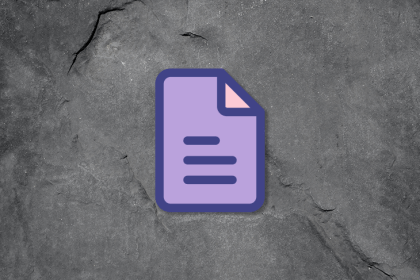
Kaizen encourages organizations to foster a culture of empowerment, collaboration, and innovation through a structured process and a set of principles. That sentences should ring a lot of bells for product managers.

Facilitation involves making collaboration easier by allowing your team to accomplish more than the sum of its parts.

Time management is an activity that requires you to plan and organize your time effectively. Managing your workload gets harder under stress.

Bugs are, in essence, items that occupy your product backlog. They require constant revision, attention, and prioritization.

By definition, if you’re already in or transitioning into a product management role, you likely already possess many of the skills needed for successful project management.

A scope of work serves as a roadmap for a given project or product initiative and helps you set expectations and minimize misunderstandings by ensuring alignment among stakeholders.

A Kanban visualizes work and work status to create transparency between development teams and the rest of the organization.

The iterative process involves building out a new feature or function for the product one step at a time to maximize resources.

Management by objective is a style of leadership that empowers teams and individuals by setting goals collaboratively.

Analysis paralysis occurs when the decision-making process gets bogged down by the inability to make a decision.

In this article, you will learn what the five major dysfunctions for teams are and how to prevent them from damaging your team.

Standardized, repeatable processes can greatly simplify your role as a project manager. One way to implement these processes is through the use of templates.